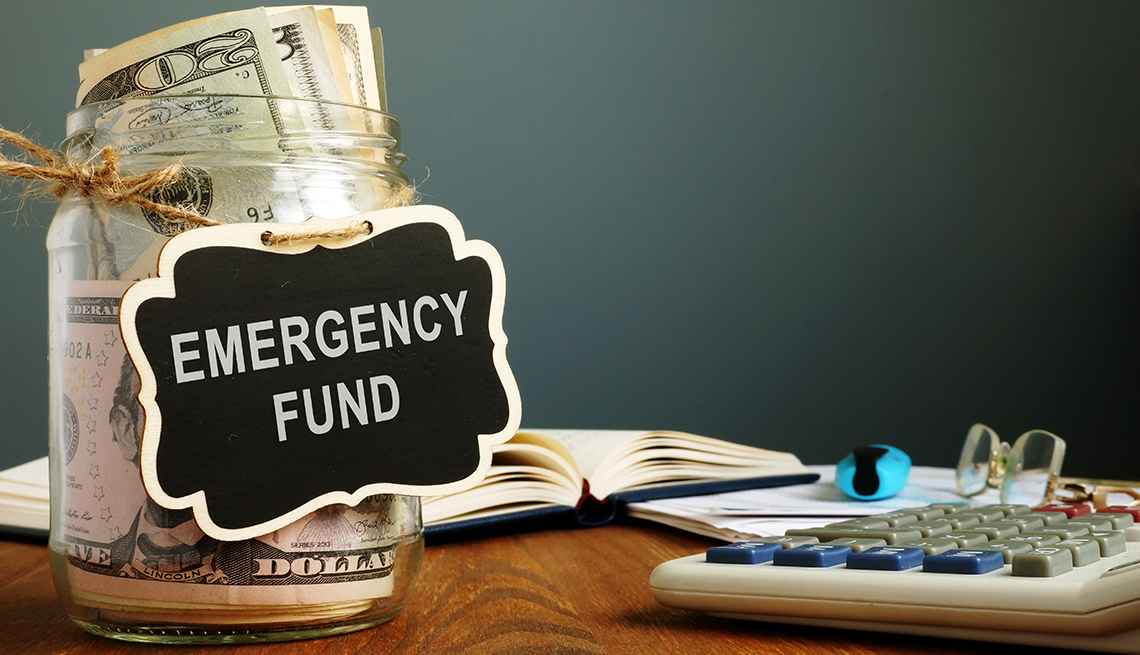
7 tips to build your home emergency fund
- Select a language for the TTS:
- UK English Female
- UK English Male
- US English Female
- US English Male
- Australian Female
- Australian Male
- Language selected: (auto detect) - EN
Play all audios:

Accomplish Your Financial Goals With a Fresh Start Your fridge isn’t freezing, your car isn’t running, you suddenly aren’t working. It can be hard to deal with just one costly event, not to
mention several all at once. Yet stuff like this happens every day. Life can be tough — but much easier if you have a cash reserve to cover unexpected expenses. Tips for Building an
Emergency Fund “Emergency funds are incredibly important because it keeps people from running up credit card debt or pulling money out of retirement accounts to pay for things, both of
which can be devastating to your finances,” says Matt Stephens, a certified financial planner (CFP) at AdvicePoint LLC in Wilmington, North Carolina. During what he called “the year that
everything broke,” one of his clients had to repair or replace his lawn mower, irrigation system, garage door, washing machine, garbage disposal, microwave and refrigerator. The
client's wife also had major surgery, with out-of-pocket expenses over $10,000. “Fortunately, they had a fully funded emergency fund, so they were annoyed, but not devastated.” “It’s
not a matter of if something will go wrong, but when,” says Thomas Scanlon, a CFP at Raymond James in Manchester, Connecticut. “But if you know that you have money in the bank, you
won't be up all night worrying.” LESSONS FROM THE PANDEMIC The effects of COVID-19, fires in the West and hurricanes in the East have further underscored the need for a cash stash.
According to a June 2020 survey by the U.S. Census Bureau, most of the adults who received a stimulus check from the federal government say they used it, or intend to use most of it, for
basic household expenses such as food, rent, mortgage payments and utilities. What’s more, an emergency fund can help folks stay the course when the markets drop precipitously, as they did
the in spring 2020, says Bradley Lineberger, a CFP at Seaside Wealth Management in Carlsbad, California: “Instead of selling your wonderful investments at fire sale prices during bear
markets, you can dip into your reserves to get by. You can let your stock investments recover and continue growing.” Yet, according to a survey by Bankrate.com released in July, only 44
percent of Americans have enough savings to cover three or more months’ worth of expenses. What’s more, 25 percent say they have no emergency fund at all, up from 21 percent in 2020. And
51 percent of those polled by Personal Capital, a financial website, say that having a rainy day fund is a greater priority than it was before the pandemic. Still, with multiple demands
on your income, you may be wondering how to create a cushion, or add to the one you have. Good question. AARP asked financial planners from around the country for their advice and best tips
for finding the money.
